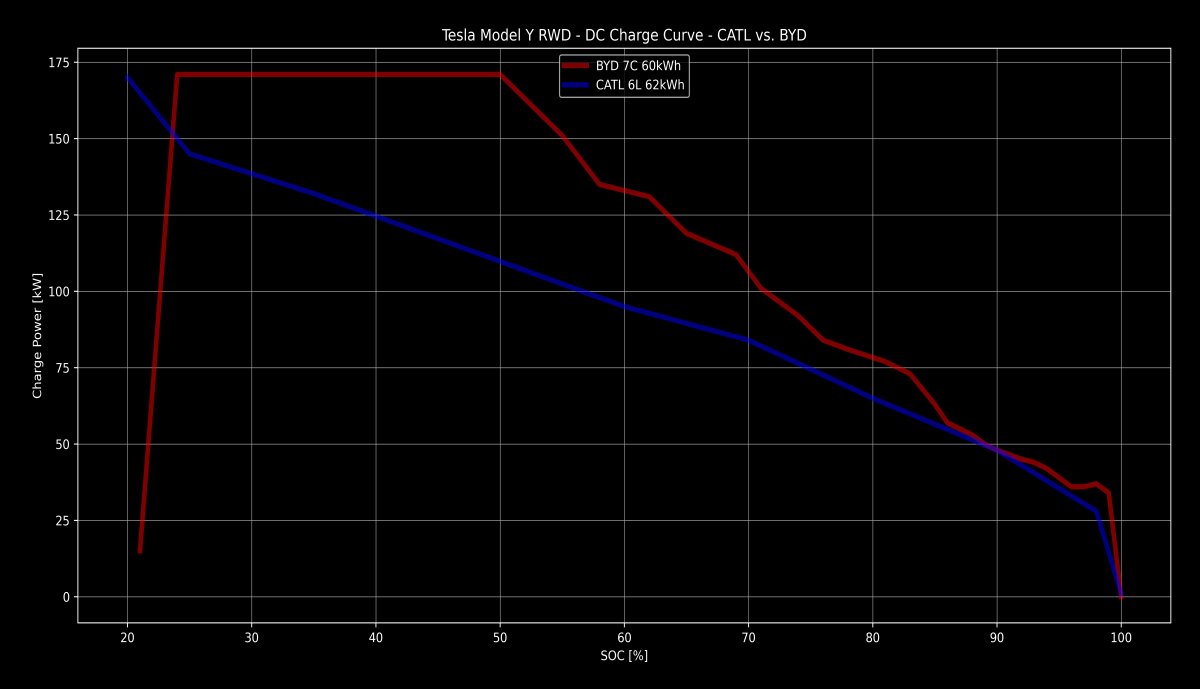Historically at least, leasing in most of NA and European countries only has been financially logical when there were tax justifications, including the popular company cars as employee benefit that is dominant in several countries, although less so in the US.
Oddly, perhaps, the US, in particular, has also had widely popular leasing for less creditworthy customers. For those captive finance companies and others have long offered leases that often use higher 'capitalized cost' frequently as much as 125% of MSRP, coupled with high 'money factor' (i.e. interest rate usually driven on rule of 78's) and restrictive use terms sometimes coupled with forced place insurance. These are the purest form of ripoff, unintelligible to the vast majority of buyers, even some who are financially sophisticated. These tactics permit financing of 'under water' trade ins and very high F&I profits.
So, basically there are tow entirely different leasing types. One for those who can use lease payments as business expenses and those who are too gullible to know better. The twain do not usually meet.
Tesla does the business focussed kind.
To be sure there are variants. BMW Finance in the US has long offered 'single payment leases' that have very, very tight ricing because they actually finance only the residual value, but have the entirety recorded with typical terms of a two or there year lease. I have used those products myself several times. When tax rules such as MACRS happen, these buyers generally opt for year end cash purchases.
Tesla has thus far not had the capacity for such specialized techniques but they definitely should, because cruel design for tax management can and does generate very high quality lead returns plus high value initial sales. For Tesla the biggest challenge is to design such products in such a way that third parties assume residual risk and credit risk. There are specific ways to manage those issues in each market.
During the Shareholders meeting Elon responded to a shareholder question about insurance mentioning the State level insurance rules, and the inherent complexity that causes. Tesla has been learning very quickly, even including, for example, the arcane California restriction on use of driver monitoring.
Next, they need very quickly to learn all about tax driven leasing products. These have arcane elements, always arcane. The March 2023 update, FASB 2023-1 shows the reality. Look it up if you're prepared for severe boredom. Thus far Tesla has been quite conventional in it's approach. Now, when demand limits are appearing these products can make huge differences in key fleet, small business and entrepreneurial markets.
Tesla do need expertise, quickly. If they remain as is they'll repeat the same silly mistake advocated by a poorly informed retail investor who suggested ten year loans, already stupidly offered by Tesla in Spain. Tesla historically has not even scratched the surface in final products. Only in conventional US auto insurance are they beginning to understand. They very urgently need to understand how to create incentives that do not destroy shareholder value.
Finally, we can only hope that Ms. Yaccarino really understands 21st century marketing, specifically the deployment of very precise and accurate targeting of prospective buyers. That will enhance shareholder value and customer value. General advertising destroys shareholder value and gross margins but does win Advertising awards and generates exciting trips to beautiful places with beautiful people. Frankly, I think Elon understands that, as do several others. In the meantime he also understands shareholders, both institutional and retail. For those categories of investors it seems to have become time to offer 'advertising'. Entities such as Raytheon, General Dynamics, Boeing,et al understand their constituencies are politicians ho expect 'Advertising' so they do comply. TSLA needs to do the same, careful lacemnst so those constituencies will not feel so unhappy that they harm TSLA. For exactly that reason it probably is time to spend some money on those presently anti-TSLA entities that only need some incentive to be less obstructionistic.
All of this is part of TSLA growing up to be an even more major OEM. This is all very hard. Just as is manufacturing hard, so is this kind of marketing. In manufacturing everyone around thinks all the traditional OEMs are the experts; just as in space Boeing and so on are obviously the rocketry experts. The core reality is that Elon has led SpaceX and Tesla to great heights. The next moves, from Starlink to Cybertruck and other new vehicles, have come to need a vastly more refined approach to marketing. Very, very few have managed that successfully.
Here are three examples of masterful marketers: LVMH, Airstream (a division of Thor, not independent, but quite Tesla-like in many respects), Zara. Two of the three do advertise, but both LVMH and Zara understand the markets for their products and very carefully nurture their buyers. Not coincidently, all three of them are best known among their targeted buyers and not so much elsewhere. There are many other examples, but these three manage to maintain high margins in generally low margin categories (obviously, LVMH has numerous very exclusive and non-exclusive brands).
I did not include Apple, but only because that one is so well known that everyone seems to think they know how APPL managed to generate most all the profits from each of its categories. In fact from 2012 TSLA has emulated APPL by building a seemingly impenetrable ecosystem. TSLA has built Superchargers and comprehensive software integration. They have both done the hardest job, creating a durable ecosystem. None of my other samples have done quite that trick.
Still, Zara is more vertically integrated than is anyone else in the fickle women's fashion market and keep building in what seems to be an impossible market. Airstream has long had Airstream Parks, cultivates passionate owner loyalty and is nearly invisible to people outside their market, formidable for those who are. LVMH is a model of brand and product discipline, with ironclad adherence to their management process. Notably two of the three are dominated by a single decision making process.
The real message I'm trying to convey in this post is that there are no simplistic solutions. Those who scream ADVERTSE, build awareness, are well meaning but are not considering the fundamental importance of value vs price vs cost. Those are three different issues. Tesla does need to change prices tactically, every one of my examples does that. The best do it in a vastly different way than do auto dealers who compete with each other on nominal price while relying on deception F&I to generate profits margin on sales.





